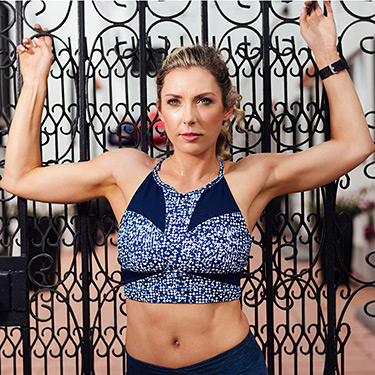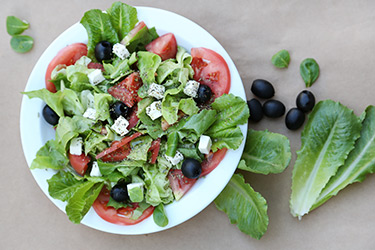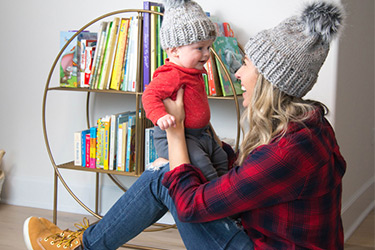
Ok — now that I have your attention — do me a favor and stop weighing yourself constantly unless you want to drive yourself insane. I’m not talking about your physical weight here; I’m talking about the weight of your food!
Whatever your fitness goals are — if they are trying to gain muscle or lose weight — there are some no brainer ways to stay on track. One of my favorite tricks is to weigh my food. I use to think people who owned food scales were way too hardcore and intense until my old trainer and friend, Evan Shy, mentioned that I might not be hitting my nutritional goals. I decided to put his theory to a test and I purchased my first food scale last Spring.
As a fitness competitor, I eat consistently throughout the day with the focus of fueling my body and regenerating my muscles for growth. If I skip out on a few meals or eat too few calories, I start to notice that my energy is low and I can also run the risk of muscle loss (If I’m burning too many calories in my workouts). If I overeat in certain areas then I will be fueling my body incorrectly. This is where food weight comes in handy. The ‘ol eyeballing of your food isn’t going to cut it.
In the past, If my meal plans would say 4 oz of chicken breast, I would grill up and eat a full chicken breast – chicken is chicken right? Did you know that about 4oz of chicken is give or take 120 calories and the average chicken breast you get out of a package is usually 6-8oz? If you’re trying to lose weight – you could be ingesting 100+ calories extra per meal. That might not sound like much, but If your plan calls for 5 meals of 4oz of meat a day and you are eyeballing you could easily be overeating 500+ calories a day without even knowing it.
To adapt this into your daily routine, you will first need to purchase a food scale. Your local larger chains, like Target, will carry them in the kitchen aisles (I picked mine up from William and Sonoma). Next, begin to identify what your fitness and nutritional goals are and understand how much you should be eating per meal (proteins, carbohydrates, etc). Turn on your scale, put a plate or a paper towel on top and zero out your scale so it says zero pounds and zero ounces. From there, you can add the appropriate weight of food for your goals.
Do you already weigh your food? Is this something you want to give a try?
Happy Sunday!
Heather




























